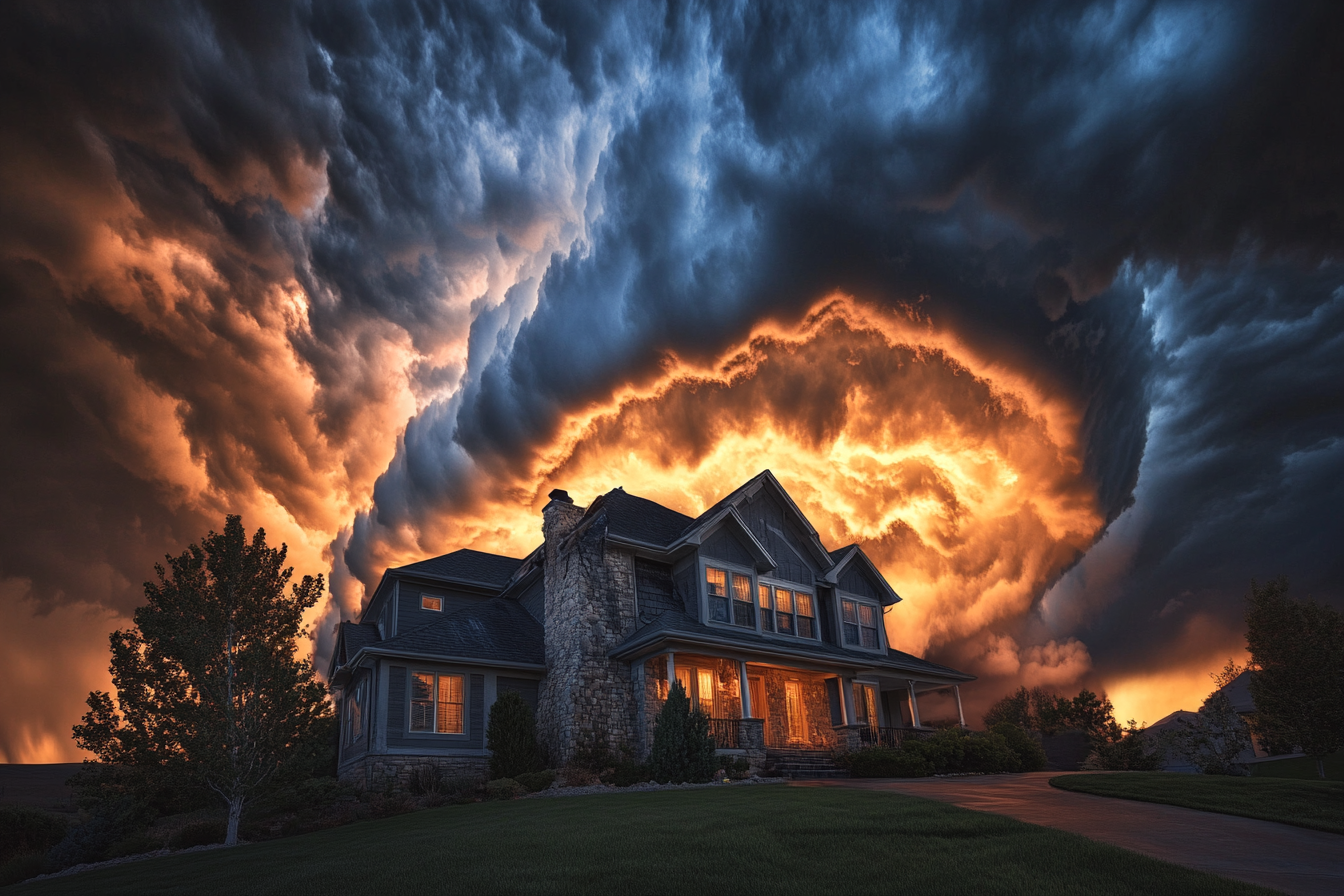
July 23, 2025
A Hailstorm Hit Ballwin — Now What? Your Guide to Post-Storm Action
BALLWIN, Mo. – A hailstorm can cause significant damage to a home’s exterior, leaving homeowners with questions about how to proceed. Experts advise a methodical approach focusing on safety, documentation and professional assessment.
Following these steps can help residents navigate the aftermath of a storm.
1. Ensure safety
After a storm passes, homeowners should first survey their property for immediate hazards like downed power lines, broken glass or unstable tree limbs. A preliminary inspection for property damage should be done from the ground.
Professionals advise against climbing on a roof, which can be slippery and dangerous after a storm.
2. Document the damage
Thorough documentation is critical for an insurance claim.
- Take clear photographs and videos of all damaged areas, including the roof, siding, gutters and windows.
- Note the date and time of the storm.
- If possible, photograph hailstones next to a ruler or coin to indicate their size.
3. Inspect the home’s exterior
While a professional contractor should conduct a detailed assessment, homeowners can look for obvious signs of damage from the ground.
4. Contact the insurance company
Homeowners should promptly notify their insurance provider of the potential damage. The company will assign a claim number and an adjuster to assess the property.
It is important for homeowners to understand their policy, including the deductible and whether the coverage is for replacement cost value or actual cash value.
Replacement Cost Value (RCV) covers the cost to replace the damaged property with new materials of a similar kind and quality, without a deduction for depreciation.
Actual Cash Value (ACV) pays for the replacement cost minus depreciation.
5. Choose a reputable contractor
After the insurance adjuster’s assessment, homeowners will need to select a contractor for repairs.
“It is critical to choose a company that is properly licensed, insured and has a history of quality work in the area,” said a spokesperson for Family First Exteriors, a local contracting company.
Homeowners should get a detailed written estimate that outlines the scope of work, materials and total cost. Asking for and checking references is also recommended.
Connect with us to know more
Read more – https://familyfirstexteriors.com/storm-damage/
